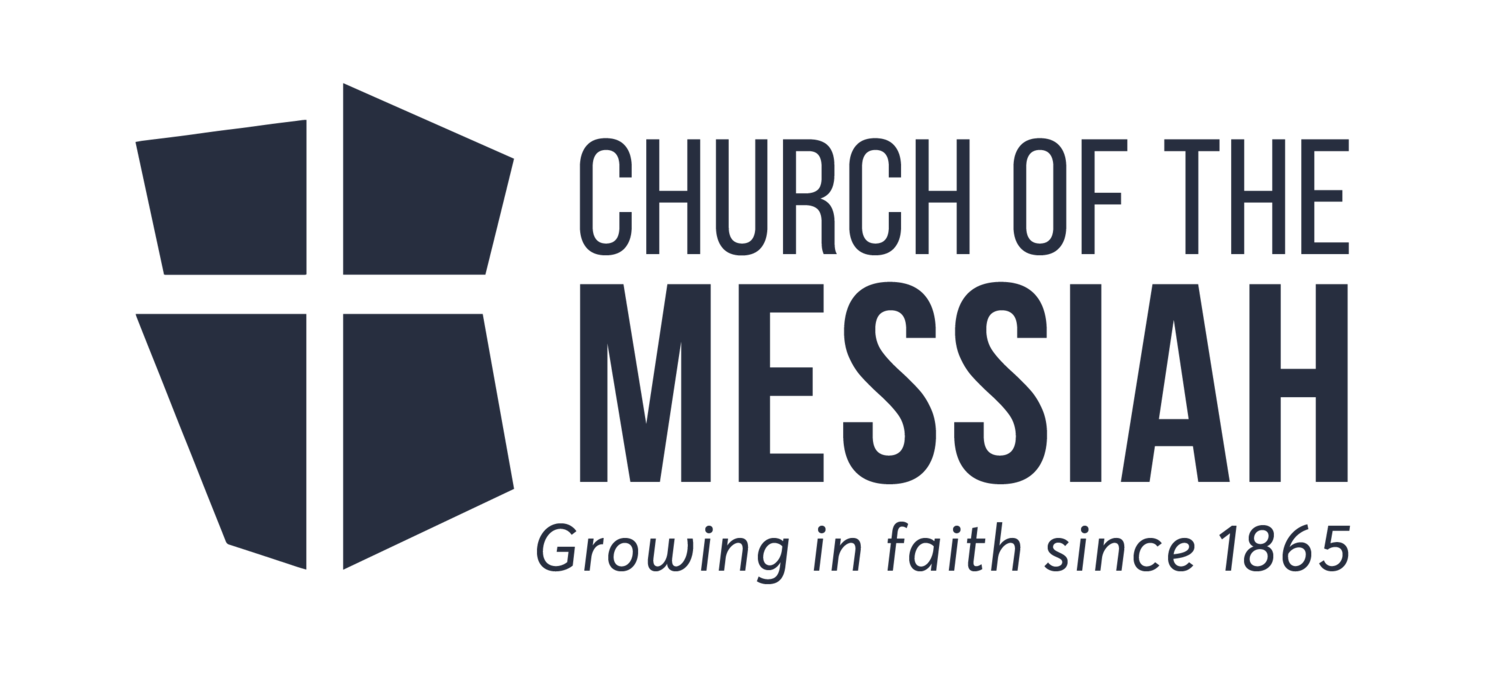DOES JOHN CONTRADICT MARK?
Dear Friends,
It has long been known that there is a discrepancy in the timing of events between John 19:14 and Mark 15:25, 33. To critics of Christianity, this is a very serious difference, and is a key bit of evidence that the New Testament is not trustworthy and true. If someone challenges you on this, take a deep breath, say a short prayer, and remember that there is no criticism of the Bible in such matters which is truly novel. The problem may be new to you, but it is always an old “problem” which has long been discussed and addressed by Christian writers. You can always say something like, “Wow. Thanks for pointing that out. Can we meet next week to discuss it? That will allow me to do some thinking and share with you how to understand the text.” Just so you know, the issue before us today is one that early Christian writers addressed.
The most common explanation of the discrepancy is to use the fact that there were two different ways of talking about time when John and Mark wrote their biographies of Jesus. Mark used the Jewish method, which divides day time into 4 quarters. John used the Roman method, which had 12 hours for the day and 12 hours for the evening.
I want to share a different approach, one which focuses on how we unconsciously impose our understanding of time on two first century writers. We are use to accurate time. We carry phones around which continually update the time so it is, basically, always the right time within a couple of seconds. So when we hear John say “about the sixth hour”, and we assume an ancient Jewish time notation, we think 12pm or noon. But remember, the ancient world did not have clocks. In fact, there were virtually no sundials in first century Palestine. So people talked about time in a very different, but practical way. People would look into the sky and make a decision about where the sun was, and then pronounce a time.
People in Jesus’ day, would say “early morning” and “sun down” for the beginning and the end of the day. During the day they only had 3 “times”. The “third hour” meant “mid-morning”. The “sixth hour” meant “mid-day”. The “ninth hour” meant “mid- afternoon”. In every case, the time was determined by a person looking up to the sun and making a decision about which time period it was. Because we are used to a modern sense of time, we hear their expressions as giving an exact time. But if you think about it, that is impossible. They were making a statement about the “time period” of the day.
John actually creates valid wiggle room. He says about the sixth hour. In other words, he says “about mid-day”. As you can easily see, it would always have been a judgement call as to when “mid-morning” was passing and “mid-day” was beginning. In this sense, there is no contradiction between the two texts.
Some might respond by saying – what about the parable about the owner, where the owner hires laborers at the eleventh hour? Doesn’t that contradict what you say about how people referred to time? Not at all. The phrase is an idiom; a non-literal phrase. The “eleventh-hour” is like us saying “it was a buzzer beater”, or “at the last second”, or “in the nick of time”. That is what is meant in the parable. It was not a statement about the exact “time” (by our standards) that the owner went out.
Friends, the Bible is trustworthy and true. The more we find out about the ancient world, the more we see that the Bible is accurate.
George+
